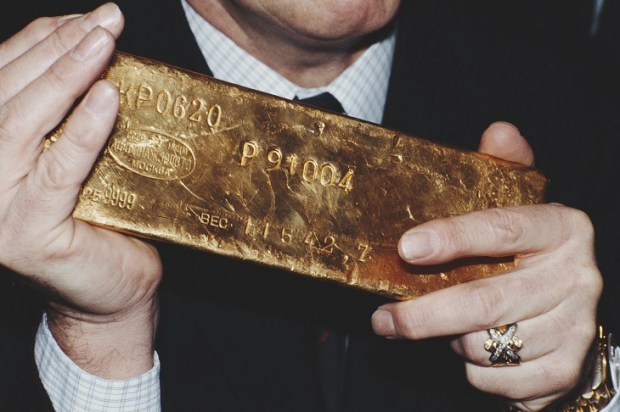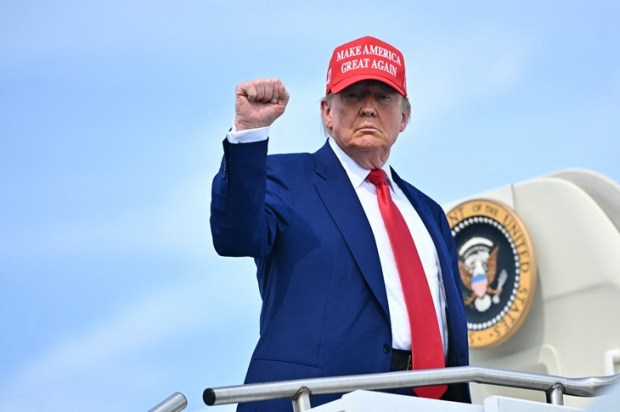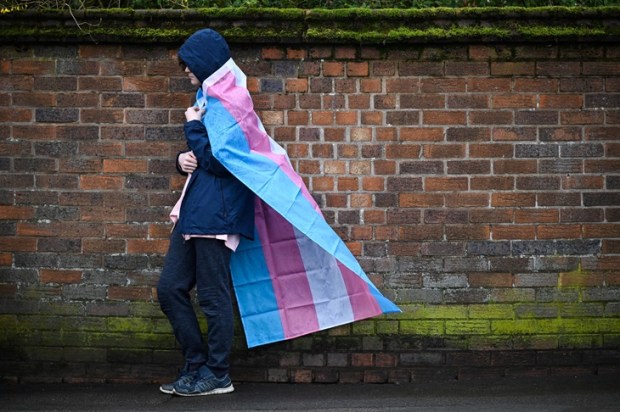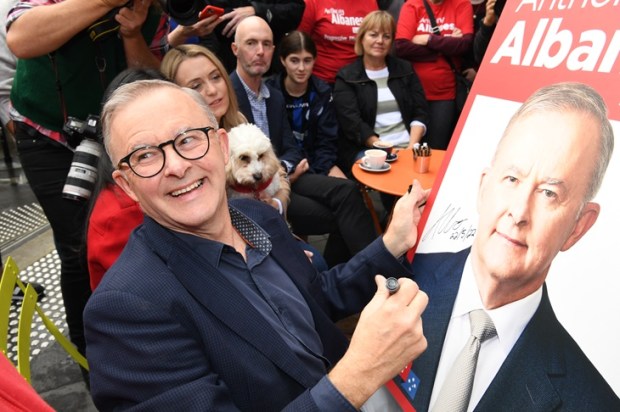Like many, the passing of Queen Elizabeth the Faithful has given me pause. The carefully planned and executed traditions of mourning and saying goodbye have presented a picture to the world of a people of dignity and respect. Indeed, more than once did I find my eyes welling with tears as I listened to testimony after testimony that expressed the heartfelt gratitude of the citizens of the United Kingdom.
And then I heard a phrase that not only gave me reason to reflect on a life well lived, but on what power can look like in a nation. It went something like this: ‘The passing of the sovereign head was seamless, without bloodshed or rancour, and reminds us what it is like to have a monarch who is above the politics of the day.’
‘Above the politics of the day’ – now there was a refreshing thought, given the increasing polarisation and tribalism of our times.
I wondered how the former Queen and new King had managed such a process. Then I remembered a phrase in the preamble of our Australian Constitution: ‘We … humbly relying on the blessing of the Almighty God, have agreed to unite in one indissoluble Federal Commonwealth…’
The Queen, and now the King, do not make themselves absolute wielders of power. The seat that they sit on is accountable to a higher authority, and we recognise it in our Constitution. ‘Almighty God’ is the term used, but others might call it ‘Natural Law’, or the basis for ‘Common Law’, or ‘Inalienable rights of mutual respect and responsibility’. But whatever we wish to call it, the point is that people – political type people as well as the citizens – are all under something greater than their own opinions carried by the consensus of the day.
From all accounts, this is what the Queen believed, and the new King has affirmed. You could hear it most clearly in the former monarch’s Christmas day speeches – and also at other significant times. Yes, the monarchy may be only symbolic, and as one (previous?) Australian republican noted, if it is only symbolic, what is the fuss about it being oppressive, and why the need for a change?
A change indeed – can you imagine us with any form of elected or appointed President of Australia who was ‘above the politics of the day’? I suppose the closest we currently have to this is the appointment of our Governor General. But here is the rub – our Governor General relates to our symbolic monarch, who relates to a higher authority, reminding us that the politics has to stop before we get to absolutes about civil society.
Want an example of how this has an impact on our lives? What about the belief in ‘universal respect’ for all people? From where does this come? Perhaps the French figured it out – nope, their revolution was based on a different principle. We know that fascists and communists don’t even bother trying. Nor do any of the caste-based first nations peoples.
The creators of the US Constitution have it in their document – but it was ‘smuggled in’ from another place. And where is that ‘other place’? As authors such as Larry Siedentop, Tom Holland, Rodney Stark, Steven D Smith, and others have noted, it came from the Judeo-Christian heritage. Universal respect is part of that heritage, and our constitutional monarchy is – imperfectly of course – an outworking of that heritage. In what we now call Western civil society, we have come to believe that all people are of equal worth, regardless of their station in life, or their racial, sexual or religious heritage
[Note: these divisions are starting to reappear in Australia as we move away from that heritage.]
That belief developed from the understanding that we are all made in the image of the Creator, and from how Jesus of Nazareth expressed the ultimate outworking of that belief (and if Siedentop is right, it was his follower, Paul of Tarsus, whose application of that belief laid the foundation for its global spread).
What happens if we have an Australian President who does not believe in the source of universal respect, like our British forebears and monarchs? Will we have the same politicised process as the (not quite so) United States of America? Or Canada? Or any of the African countries like Zimbabwe or South Africa? If politicians appoint the President, it is by definition politicised. If we run a general election, it is by definition politicised. And worst of all, this process will inevitably mean rejecting the symbolic humility of having a head of state who, under Almighty God, is called to serve the realm, whilst not interfering in its internal processes.
Here is a scenario for you; we have the politicians decide our President, and we have the Queensland ‘I don’t want one person to die’ Governor appointed. Or we have presidential elections and in one corner we have Clive Palmer, and another Kevin Rudd. But from the quiet and deep shadows comes a figure who claims to know both the Right and the Left sides of politics – yes, it is President Malcolm Turnbull!
None of these scenarios give me any confidence in a new leadership structure that is above politics. All of them seem to be a way for the political, technocratic, bureaucratic expertocracy to increase their influence to absolute levels. I am sure this is an original idea, but maybe someone should write a dystopian novel about such a nightmare – oh sorry, I forgot. It’s been done, a number of times.
My response? Long live the King!

























